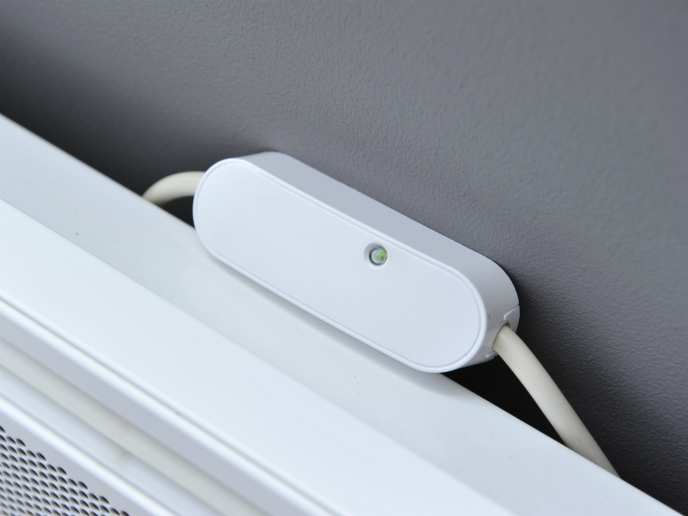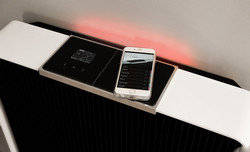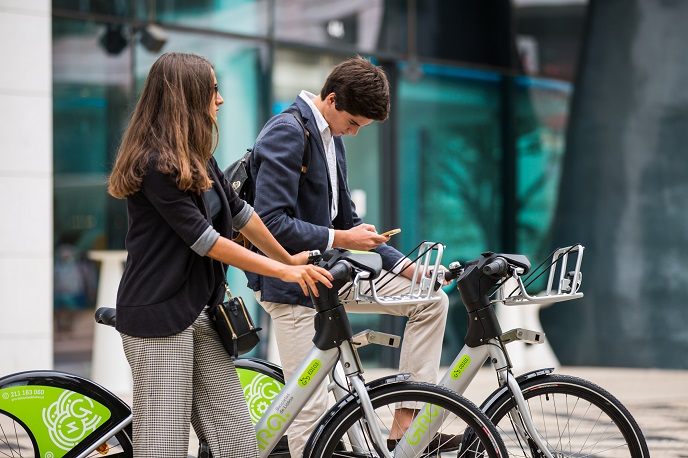ICT platform to encourage more efficient and sustainable energy-saving behaviour
Smart metering technologies and home automation systems have proven effective in changing the behaviour of end users. With this in mind, the EU-funded InBetween(opens in new window) project has developed smart solutions for buildings comprised of a cloud-based platform and a mobile app. “We’re going beyond existing ICT technologies used for encouraging behavioural change towards more energy-efficient ways of life,” outlines coordinator Donato Zangani. “This is being achieved by assisting users to identify energy waste, learn how they can conserve energy and motivate them to act.” Available as a mobile and web browser app, the platform enables users to tailor services to their own needs and preferences without compromising comfort.
Advanced energy services
“A range of services, such as scheduling, timely notifications and benchmarking provide a right mix of socioeconomic and environmental motivations to save energy,” observes Zangani. “The actuators and notifications help make energy savings easy and, at times, seamless.” Specifically, these services take into account three main energy analytics – current consumption, occupancy and weather conditions – and use competition as a driver to promote energy-efficient behaviour. The platform monitors users’ energy consumption and determines the ideal time to activate a home appliance in order to minimise costs and optimise any potential presence of renewable energy sources like solar panels or wind turbines. “Combining similar consumption data from selected buildings for a given period makes it easier to visually compare time periods and draw conclusions, and to identify suspicious consumption patterns,” explains Zangani. By connecting smart meters to every appliance, the platform provides feedback to household residents on how they spend their energy and which home appliances are in use. A 24/7 monitoring service analyses events in close to real time concerning energy conservation, security and health-related issues. Notifications are sent to motivate end users in embracing more energy-efficient, safe and healthy habits.
High user acceptance for platform
The InBetween team performed an interim analysis to understand the extent of the change in energy consumption following the platform’s implementation. About 38 % of the buildings that downloaded the app showed a significant reduction in energy use, compared to 33 % the previous year. An analysis of over 2 000 notification and triggering events sent in the early months of 2020 shows an excellent response rate to the platform by end users. Interviews with users and feedback also indicate a high level of satisfaction with use. A photo contest has been launched asking people about smart habits that help save energy and money at home. It will also raise awareness about the platform’s various services. The competition runs until 15 September.







